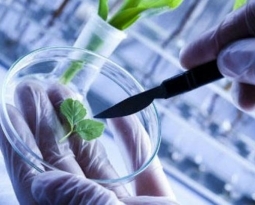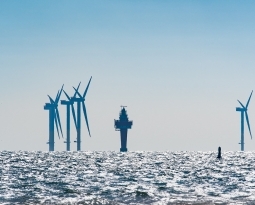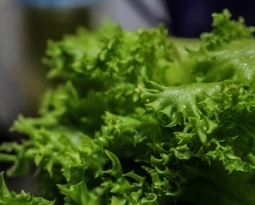Turning compost into compostable bioplastics: the startup that’s changing the cycle of waste
Plastic. We use it in virtually everything from our toys, cooking ware, food packaging, and all else in-between. But proper disposal of oil-based plastics is an ongoing challenge, especially given its harmful effects on the environment. Not only does plastic production take up energy and resources, the product itself does not biodegrade but simply breaks down into smaller and smaller pieces, making it poisonous for wildlife consumption and our ecosystem by extension. In recent years, scientists and entrepreneurs have explored developing bioplastics as alternatives to oil-based ones. While the bioplastic industry currently only accounts for 1% of global plastics production, it is quickly expanding and is expected to grow to a worth of $7.2 billion by 2022.
Bioplastics are made from polyhydroxyalkanoates (PHAs) which are produced in nature by microorganisms, such as by bacterial fermentation of sugars and lipids. When disposed, these plastics degrade faster than plastic. However, there is still confusion among consumers about the limits of bioplastics and what constitutes as “biodegradable”. For many, there is a misconception that “biodegradable” means these plastics degrade quickly and can be disposed anywhere. As Rob Opsomer from the Ellen MacArthur Foundation told The Guardian, “It is important that any claims made for these products are really clear, so people won’t be throwing things on the street because they think it will degrade. It won’t.” Jo Ruxton, co-founder of Plastic Oceans, asserted that some of these bioplastics are as harmful in the ocean as oil-based plastics: “They can be mistaken for food and ingested. They can entangle animals. They can do everything that plastic does – they just don’t last as long.”
One company in California, Full Cycle Bioplastics, is working to improve bioplastics. Twin brothers Jeff and Dane Anderson has successfully tested a PHA technique to convert organic waste like food scraps into fully compostable material. In other words, not only is it able to biodegrade, the bioplastic is literally made from compost. Jeff Anderson, the COO of the company, said, “PHA [plastic] is extremely compostable and it’s also marine degradable. Meaning if it ever falls into the ocean it actually acts as fish food and has no toxic effects.” While not yet in full-scale production, Full Cycle Bioplastics presents an improvement to a common problem posed not only by oil-based plastics but also bioplastics. It is cheaper than other bioplastics because it’s made from organic waste and not more costly sources like algae or shrimp. While bioplastics are a good start, there still needs to be a shift in the culture. According to The Guardian, these bioplastics “may simply help to perpetuate the disposable culture at the root of our waste crisis.”
Are you experimenting with ways to improve bioplastics or to change how plastics are disposed? Your experiments, even the unsuccessful ones, could qualify for the R&D Tax Credit and you could receive up to 14% of your research expenses. To find out more, please contact a Swanson Reed R&D Specialist today or check out our free online eligibility test.
Swanson Reed regularly hosts free webinars and provides free IRS CE credits as well as CPE credits for CPA’s. For more information please visit us at www.swansonreed.com/webinars or contact your usual Swanson Reed representative.

















